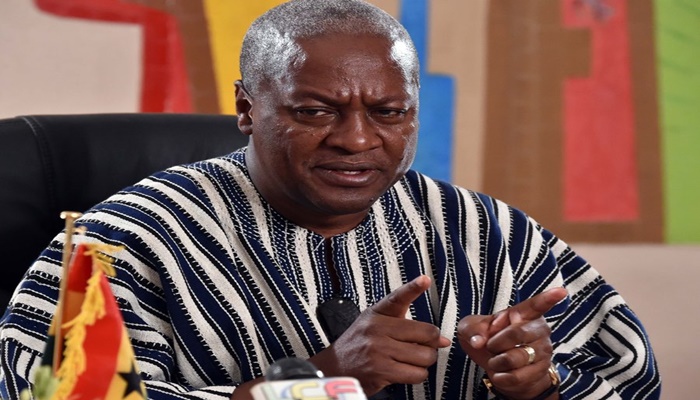
Annual inflation in Ghana increased to 18.9 percent in May of 2016 from 18.7 percent in April. The rise of 0.2 per cent is said to be mostly due to a 5 per cent jump in cost of fuel early in the month. Food and housing and utilities which were on the increase were other main drivers of the moderate rise.
According to statistics by Ghana Statistical Service (GSS) monitored by Business247, on a monthly basis, consumer prices went up 1.1 percent, following a 1.4 percent rise in the preceding month. Inflation Rate in the country averaged 17.16 percent from 1998 until 2016, reaching an all time high of 63 percent in March of 2001 and a record low of 0.40 percent in May of 1999.
The most important components in the Consumer Price Index (CPI) are Food and Non Alcoholic Beverages (43.6 percent of total weight); Housing, Water, Electricity, Gas and Other Utilities (9.5 percent) and Clothing and Footwear (8.9 percent). Transport account for 7.2 percent of total index, Miscellaneous Goods and Services for 7 percent, Hotels, Cafés and Restaurants for 6 percent and Furnishing and Household Equipment for 4.6 percent.
Education represents 3.8 per cent of total weight, Recreation and Culture another 2.7 percent and Communication 2.6 percent. Health accounts for the remaining 2.4 percent and Alcoholic Beverages, Tobacco and Narcotics 1.6 percent.
Compared to May 2015, prices of food and non-alcoholic beverages (8.5 percent from 8.3 percent in April); transport (40.9 percent from 40 percent); housing and utilities (35.7 percent from 35.8 percent) were the main contributors to the rise. Additional upward pressure came from: clothing and footwear (22.8 percent from 21 percent); recreation and culture (27.9 percent from 26.7 percent); furnishings and household items (21.8 percent from 22.9 percent); education (32.3 percent from 27.7 percent); miscellaneous goods and services (15.4 percent from 18.3 percent); health (13.9 percent from 13.7 percent); hotels, cafes and restaurants (14.4 percent from 15.9 percent) and communication (13.3 percent from 13.6 percent).
On a monthly basis, consumer prices went up 1.1 percent, following a 1.4 percent rise in the preceding month. Food prices grew by 1.2 percent, housing and utilities increased by 0.6 percent, transport rose by 1.1 percent. Ghana Inflation Rate Slows to 18.7 percent in April
Annual inflation in Ghana eased to 18.7 percent in April of 2016 from 19.2 percent in March, due to slower rise in cost of housing and utilities, food and transport.
Ghana’s annual inflation rate was recorded at 18.5 percent in February of 2016, down from 19 percent in the preceding month. The inflation rate eased for the first time in six months as the stability of the cedi during the month avoided further rises in cost of imported items.
Consumer prices in Ghana increased 19 percent year-on-year in January of 2016, following a 17.7 percent rise in the previous month. It is the highest inflation rate since August of 2009, mainly boosted by prices of fuel, food and utilities after the country raised tariffs for electricity and water in December to increase competition in the sector.







Comments are closed.